Legislative and policy changes, including on building heights, certain changes to the constitution and the move towards a fossil fuel-free Malta are among the things environmental NGOs wish to see in Malta in the new year. Kevin Schembri Orland spoke to some of the main environmental lobby groups.
‘Many policies were designed around the needs of developers… this needs to change’ - Moviment Graffitti
Andre Callus from Moviment Graffitti mentioned three points.
The first regards planning policies. "In 2020 we issued a document titled Reforming Planning and Construction in Malta, where among other things, we listed a number of policies which need to change. As an example, we mentioned the rural policy on which a consultation was launched yet until now has not been changed, also on the policy which allows hotels in certain cases to rise as much as the developer wants, or in other circumstances where policies allow big development in areas that cannot handle it."
He said that there were many policies that were designed and centred around the needs of developers rather than the people. These need to change, he said, "to respect the environment and the people. Right now, they do not and communities around the country face applications that threaten their quality of life all the time. Some of the applications literally speak of hundreds of apartments that will be built on one spot. These applications radically change the lives of the residents in the area and have a negative impact."
The second point revolves around the way authorities related to environment and planning operate, which include the Planning Authority, the Environment and Resources Authority and even the Lands Authority, in the way government land is given to third parties.
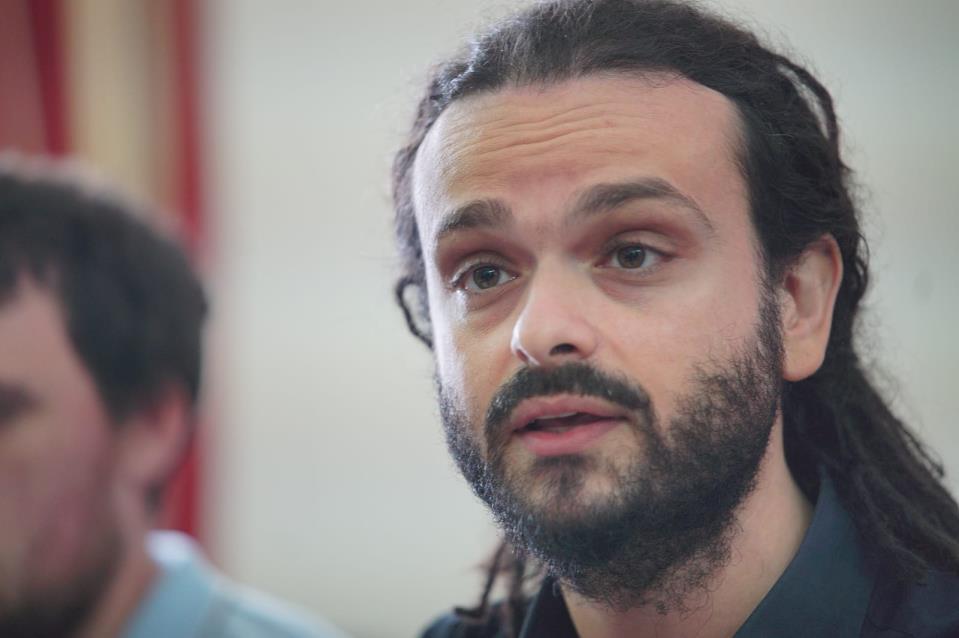
"There are a number of different authorities that, right now, are not transparent and, clearly, certain people and lobby groups with a lot of money have certain control over them. Decisions are seen to be taken to aid particular interests which is undemocratic and allows space for corruption. We believe that the way these authorities take decisions needs to change. We had made suggestions in terms of how they should change, and the people who are appointed to such boards should be done through a Parliamentary process and not simply be appointed by a minister, as is the case today."
The third point is about farmers. "We have fought many battles over farmland, the most recent one in Qormi." He said that Infrastructure Malta does what it wants and bullies residents and farmers, "moving into their land killing their products in order to pass a road or widen them which in some cases do not even make sense."
"Aside from damaging our environment they are also taking farmers' land."
"They are showing great disrespect towards such an important sector."
All major projects should be suspended pending independent social impact and carrying capacity studies - Flimkien għal Ambjent Aħjar
Flimkien għal Ambjent Aħjar (FAA) Coordinator Astrid Vella spoke about the need to revise planning regulations as well as the need for pedestrian spaces to no longer be eaten up by tables and chairs.
In 2021, Flimkien għal Ambjent Aħjar (FAA) would like to see residents' health and quality of life given their rightful importance in planning laws and decisions. “As such we urge the authorities to immediately revise planning regulations that undermine residents' quality of life and the integrity of Maltese towns and villages, such as Annex 1 of the Design Guidelines 2015, which allows extra heights all over Malta and Gozo and the all-important Sanitary Law which was watered down to favour developers at the cost of residents' health. Enforcement of building regulations, air and noise pollution laws is a must.”
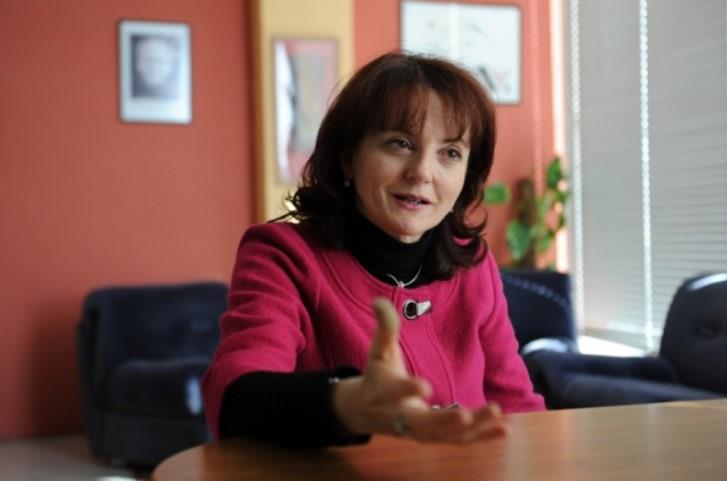
“All major projects, tall buildings and applications for extra storeys for hotels and care homes for the elderly (which violates the National Health Strategy) should be suspended pending independent social impact and carrying capacity studies to assess localities' ability to cope with more building in terms of population density, transport and utilities.”
She said that to make towns and villages healthier and more liveable, “we maintain that it is necessary to enact laws to forbid the destruction of old urban gardens and green spaces, enact an effective tree protection law that prevents further destruction of mature trees, and regulations preventing the demolition of unscheduled houses of heritage value. Bars, cafes and restaurants should no longer be allowed to take over public spaces/pavements with tables and chairs so as to improve the ability to walk in towns and villages.”
“Similarly, more cycling lanes and pedestrian priority areas need to be established rather than having cars and motorways taking over public spaces and even public gardens as is happening at Gżira, where the MIDI project will gobble up much of the Gżira promenade and public garden, while the Msida Creek flyover will totally destroy Msida as we know it.”
“Most importantly, the authorities should start purchasing unbuilt green spaces in urban areas, such as the site of the Razzett l-Antik in Fgura (now-destroyed) and Manoel Island, in order to convert them into public parks which are essential to residents' physical and mental health.”
BirdLife Malta hopes that the natural environment footprint in the country does not decrease any further
BirdLife Malta CEO Mark Sultana spoke about looking ahead towards the action being taken over Malta’s spring hunting derogation by the European Commission and also spoke about Malta’s natural environment footprint.
Sultana hopes that the government realises "that the public deserves a healthy natural environment and that the natural environment footprint in the country does not decrease any further."
"I hope that there will not be any further use of natural habitats for the benefit of the economy. It needs to be the other way around and health must come first. I hope that Covid-19 has opened our eyes more on this issue."
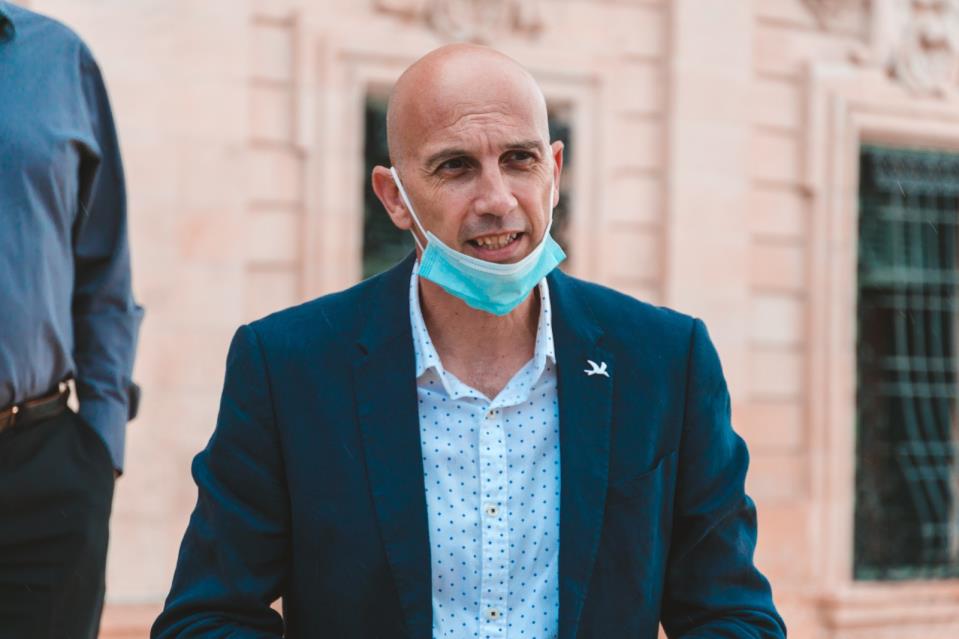
BirdLife Malta is also looking forward to understanding how the European Commission will react to the government's replies regarding the two derogations that are now being challenged at EU level - the Spring hunting derogation and the Finch trapping for scientific research derogation, and as to how the EU Commission will proceed.
"It is unfortunate that in 2021 we will not see the government be courageous enough to take decisions in favour of birds and natural habitats and therefore we will need to rely on the European Commission to ensure that it abides by the Birds and Habitats Directive."
Din L-Art Ħelwa will push for stronger protection of natural and urban heritage to be included in the Constitution.
Din L-Art Ħelwa's (DLĦ) Executive President Professor Alex Torpiano spoke about the environment minister and the need for changes in the way public consultation is handled, among other things.
Torpiano said that the new environment minister (Aaron Farrugia) has been saying the right things and added that DLĦ will continue to support him to achieve environmental improvement goals as well as for possible changes to the Planning Authority that need to be done in order to save urban areas "which, at the moment are under threat." He said however, that while DLĦ supports what Farrugia is saying he wants to change, they have not seen the changes being made yet.
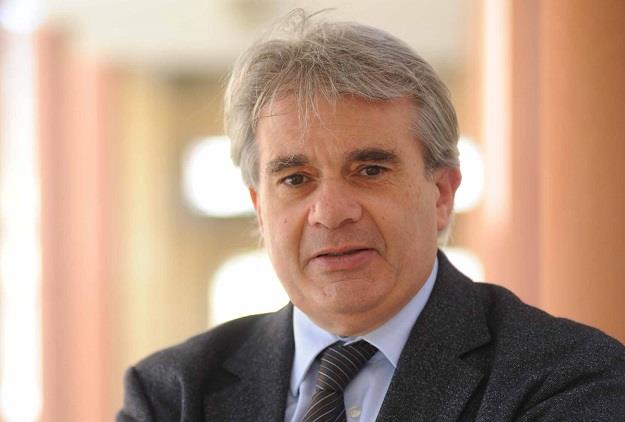
He said that DLĦ will continue to push for more community participation in decisions, for better understanding of the value of our urban spaces and the importance of having green areas inside urban areas.
“We hope to convince the government and developers that granting permission to build everywhere to a maximum of five floors and higher in other places is damaging. Some areas can take it but in many, it is ruinous for the urban space, particularly if in a row of two or three storey houses one owner decides that they want to build up because policies allow it. I believe that the policies are wrong as they allow this type of activity everywhere in Malta. Safi, for example, is not the same as Qormi and Għarb is not the same as Sliema. Having the same policies apply does not make sense. We think that the minister is beginning to understand this point and is trying to find the ways with which to resolve this issue.
The DLĦ Executive President expects that, in 2021, there will be advances in the discussions revolving around Malta's Constitution. "As DLĦ we will push for stronger protection for natural and urban heritage to be included in the Constitution. By stronger protection, I mean not just a statement - because there is such a statement already - but it is not currently enforceable. Unfortunately, it is one of those clauses which is a statement of principle but is not enforceable. In other words, civil society cannot sue the government for passing a law which is clearly damaging the environment or urban heritage. We believe that it is time for civil society to have stronger powers to prevent the damage that the government is meant to protect from. In reality, we wouldn't need this if the institutions were doing their jobs properly. Institutions have been, over the past years, biased towards development."
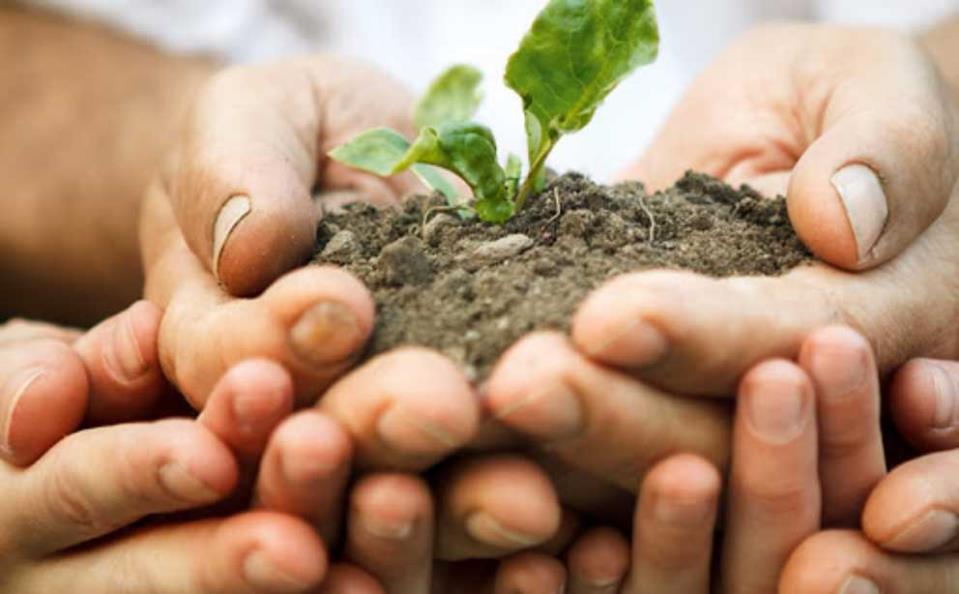
This, he said, is because development is an easy way to help the economy. He said that the GDP is a crude measurement of the economy, but it does not take into consideration other economic aspects. "For example, if the character of Gozo is lost it will impact the tourism industry and development can impact people's quality of health. There are hidden economic aspects which people need to become more aware about."
He hit out at the consultation processes in Malta. "The PA regularly publishes calls for comments... People submit their comments, say they do not agree, they are formally noted and then ignored. Unfortunately, it has been inculcated in us that this is the way things have to be done, but this is not true as other countries have found systems whereby the community truly decides what is of benefit for the community and ultimately it is the constitution that must protect this right."
‘A vision for a fossil fuel-free Malta must be drawn up’ - Friends of the Earth Malta
Friends of the Earth Malta Director Martin Galea De Giovanni spoke of the vision of a fossil fuel-free Malta, the wish to renationalise the energy sector, and the implementation of waste reduction measures.
He said that 2020 will be remembered as the year the world hit pause on our daily lives and economies in response to the Covid-19 pandemic.
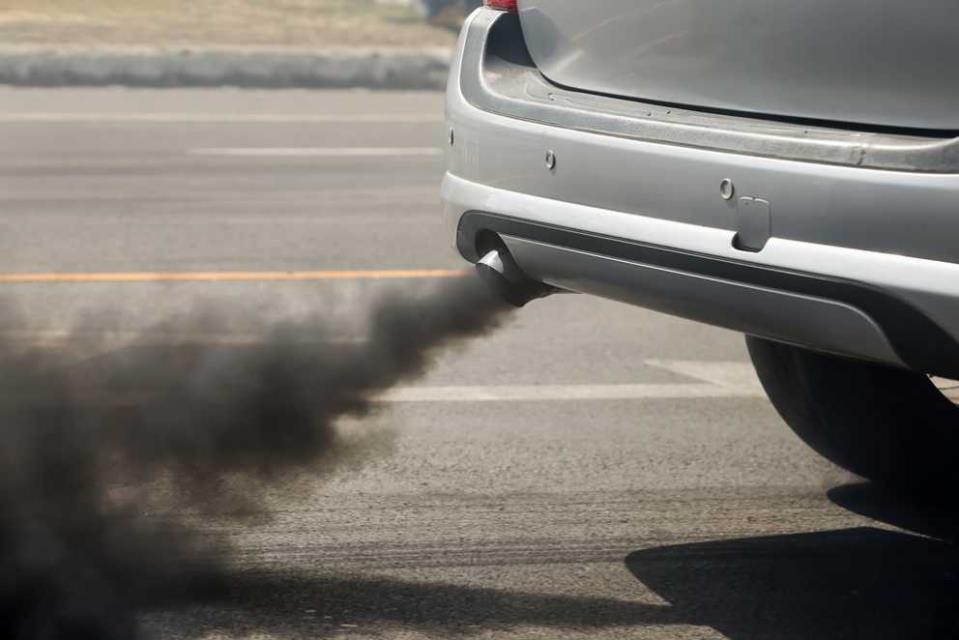
“Friends of the Earth Malta would like to see a green and just post-Covid-19 recovery, both on a national and European scale. We must ensure that the economy we build back is more resilient, fairer, and less destructive to our planet. This is the right moment for the government to support citizens at a time when many are already struggling to pay their bills. Instead of supporting big businesses, future economic stimulus packages could help finance renewable energy support schemes and make homes more energy efficient.”
A vision for a fossil fuel-free Malta must be drawn up, researched, and plans for a fossil fuel-free Malta put in place, he said. “Ensure implementation of the current Climate Action Act (2015). Start the process to review the Act in order to make it more ambitious in a way to reflect the current reality of a climate emergency. A climate change adaptation strategy should be put in place, given inevitable climate effects in the coming decades even if all emissions were to stop tomorrow.”
In terms of waste management, FoE is hoping to see the implementation of waste reduction measures, such as the single use plastic ban which has been rolled out as of 1st of January 2021 and the introduction of the deposit-refund scheme for beverage containers. “We encourage similar initiatives which reduce the scale of the waste problem rather than promote unsustainable consumption.”
The government must shift towards agro-ecology and food sovereignty, he said. “We’ll be continuing our work together with other NGOs coming together from across the whole European Union to call for bee-friendly farming. With our European Citizens’ Initiative, we are calling on the European Commission to support an agricultural model that allows farmers and biodiversity to thrive in harmony.”
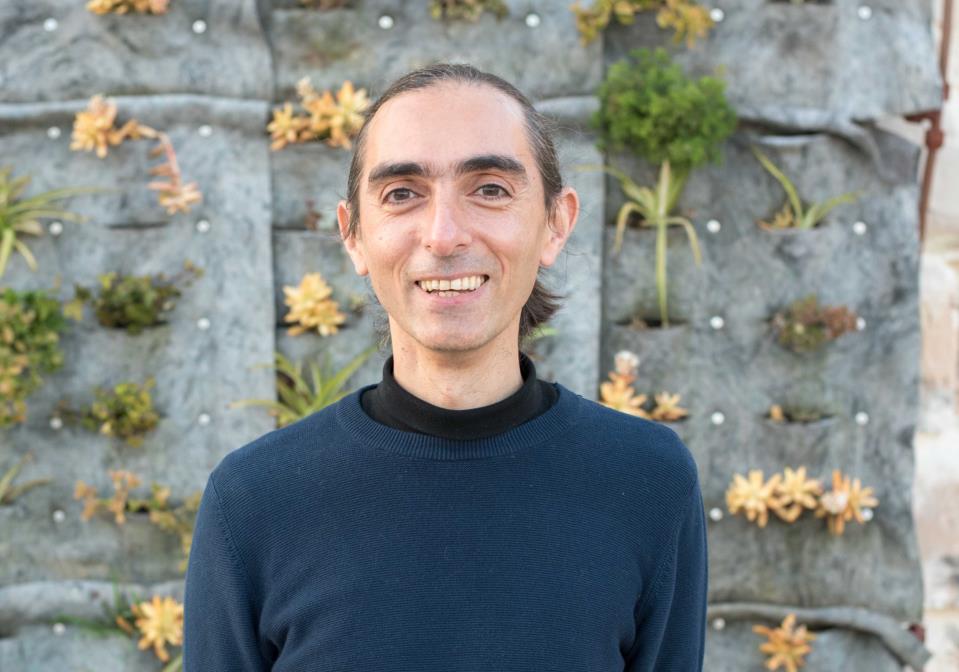
“We need to protect nature and green spaces and ensure people have access to them, especially within our densely populated urban environment. We need protection of mature trees – not just on paper. Although planting more trees is a positive initiative, let us not delude ourselves into believing that planting saplings have the same positive benefits for our environment and wellbeing as mature trees. The same applies for replacing trees from urban environments and replanting them away from communities.”
FoE Malta also believes that there can be no environmental justice without proper and fair democratic institutions and structures. “This is the right time for people to say no in response to the many decades of having politicians from both PN and PL parties in government roll out the red carpet to dubious tycoons, autocratic leaders and tax evaders. The value systems brought about by politicians and their ‘as long as the economy is fine anything goes’ mantra have now led to some of the biggest environmental and social injustices suffered by the country.”
Friends of the Earth Malta demands that all national institutions “be freed from political manipulation and thus serve the public interest rather than politicians and big business. All large tenders and planning applications that were dished out over the past years must be investigated by an independent authority. We also demand that national services such as the power station be renationalized in the interest of the general public.”